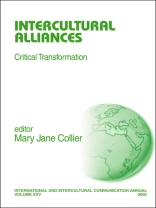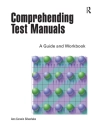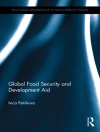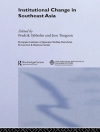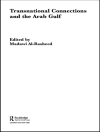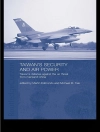Intercultural Alliances , Volume 25 of The International and Intercultural Communication Annual , reflects the struggle to comprehend our international communities and improve the ways in which we communicate and negotiate across cultures. Carefully organized and edited by Mary Jane Collier, this accessible volume defines intercultural alliances and demonstrates their potential through examples of effective and ineffective alliances. A group of diverse and distinguished contributors presents an array of approaches to intercultural alliances, analyzing relationships between groups and individuals; institutionally based relationships that are constrained and enabled by structures, ideologies, and histories; and relationships as situated discourse.
Intercultural Alliances offers a variety of perspectives on culture, identity, and the formation of alliances by including:
- Numerous cultural identifications, representations, and sites of study.
- Research using diverse theoretical approaches and methodologies.
- Perspectives of international, national, and local sites of communication in which alliances are being negotiated.
- A cyberdialogue among five conflict scholar/practitioners about visions, concerns, and actions that characterize alliance development in three diverse contexts.
- Directions that we might take as researchers, teachers, and practitioners in the future.
Intercultural Alliances wrestles with questions of cultural identification, representations, and quality of intercultural relationships at all levels. The essays examine our need as human beings to make sense of our international communities and our relationships that are economically, politically, and socially interdependent and inextricably bound together.
Tailored for scholars who study culture, communication, sociology, or language, Intercultural Alliances is also essential reading for upper level undergraduate and graduate students interested in culture or communication.
Daftar Isi
1. Negotiating Intercultural Alliance Relationships: Toward Transformation – Mary Jane Collier
2. Embodied Negotiation: Commodification and Cultural Representation in the U.S. Southwest – Kathryn Sorrells
3. Bridge Inscriptions: Transracial Feminist Alliances, Possibilities, and Foreclosures – Aimee M. Carrillo Rowe
4. Deconstructing Whiteness Ideology as a Set of Rhetorical Fantasy Themes: Implications for Interracial Alliance Building in the United States – Sean Tierney and Ronald L. Jackson II
5. The Two Nations Talk: An Analysis of Rapprochement and Alienation in Two South African National Radio Talk Shows – Melissa E. Steyn
6. The (In)visible Whiteness of Being: Stories of Selves in Sojourn – Leda Cooks and Elizabeth Fullon
7. Interrogating Identities: Composing Other Cyberspaces – Radhika Gajjala
8. Collective Memory, Media Representations, and Barriers to Intercultural Dialogue – Jolanta A. Drzewiecka
9. Connecting Hawaiians: The Politics of Authenticity in the Hawaiian Diaspora – Rona Tamiko Halualani
10. Bridging Theory and Cultural Politics: Revisiting the Indigenization-Poststructuralism Debates in Filipino and Filipino American Struggles for Identity – S. Lily Mendoza
11. Intercultural Alliances: A Cyberdialogue Among Scholars/Practitioners – Brenda J. Allen, Benjamin J. Broome, Trisha S. Jones, Victoria Chen, and Mary Jane Collier
Author Index
Subject Index
About the Editors, About the Contributors
Tentang Penulis
Mary Jane Collier (Ph.D., University of Southern California, 1982) is Professor and Chair of the Department of Human Communication Studies, School of Communication, at the University of Denver. Her research interests focus on such cultural identities and discourses across multiple contexts. Her work appears in such journals as: Communication Monographs, International Journal of Intercultural Relations, Communication Quarterly, and Howard Journal of Communication, and in various scholarly books and texts.
